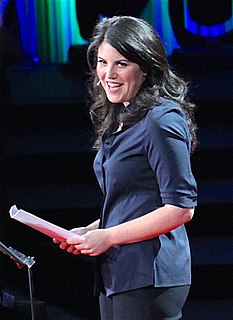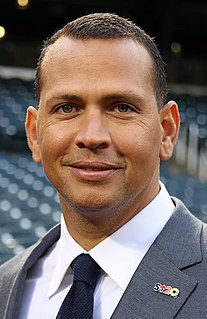A Quote by Jeremy Northam
As an actor, you ask yourself what you can do to put yourself in a position where you can play that role.
Related Quotes
It's hard to explain why exactly, but I think that when I began writing plays, it was from an actor's point of view more than anything. I had the feeling that if you put yourself in the position of the actor on stage and write from that perspective, it would give you a certain advantage in terms of being inside of the play.
The two biggest things to understand when you're tracking the ball as a defensive back is your position on the field and understanding that once the ball is in the air you become the receiver. Too many young defensive backs worry about the receiver catching it or what the receiver is doing instead of focusing on what they should be doing. Just go out and make the play yourself, don't worry about him. Know where the ball is and attack it. Put yourself in position to bat it or catch it and make the play.
People don't listen to marketplace logic; they listen for meaning and purpose. Attention can't be bought. Before any interaction, ask yourself: 'How do I want to make people feel or act?' Put yourself in their shoes. The role of a leader is to create an experience that will inspire people to take action.
In a world where everything revolves around yourself-protec t yourself, promote yourself, comfort yourself, and take care of yourself-Jesus says, 'Crucify yourself. Put aside all self-preservati on in order to live for God's glorification, no matter what that means for you in the culture around you.'




































